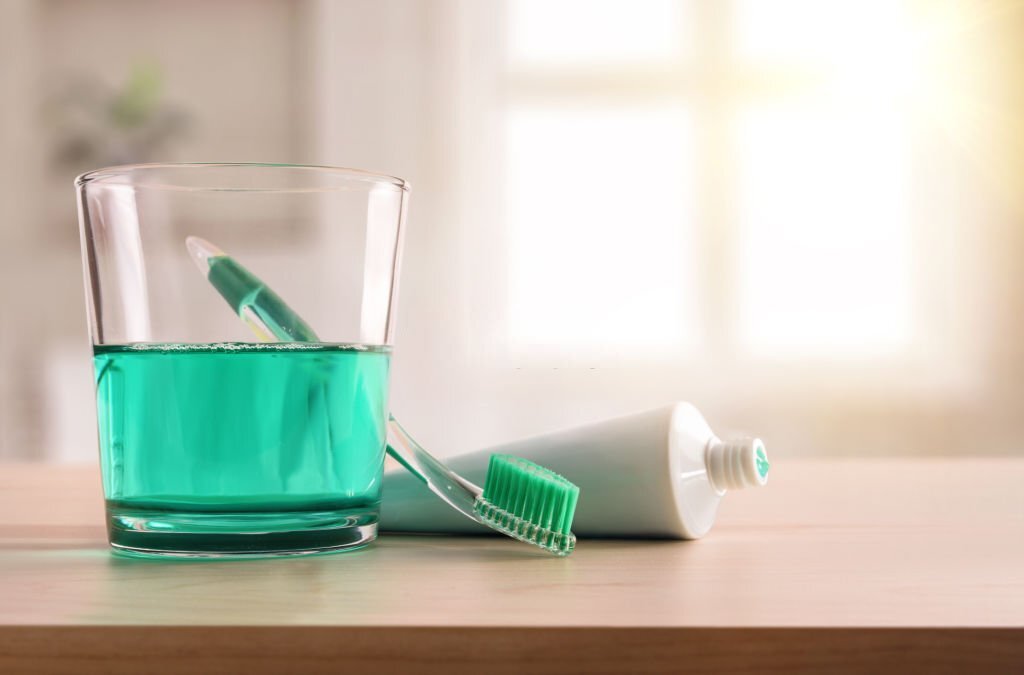Introduction:
Mouthwash is a valuable addition to your oral hygiene routine, providing benefits such as fresh breath, plaque reduction, and gum health promotion. However, with the wide variety of mouthwashes available on the market, it can be challenging to choose the right one for your specific oral health needs. In this blog post, we will discuss important factors to consider when selecting a mouthwash, helping you make an informed decision for optimal oral care.
1. Consult with your dentist
Before choosing a mouthwash, consult with your dentist or dental hygienist. They can assess your oral health and recommend a mouthwash that addresses your specific needs.
2. Identify your oral health goals
Determine your primary oral health goals. Whether it’s freshening breath, reducing plaque, preventing cavities, promoting gum health, or addressing specific issues like dry mouth or sensitivity, knowing your goals will help narrow down your options.
3. Consider the active ingredients
Look for mouthwashes with active ingredients that align with your oral health goals. Common active ingredients include fluoride, antibacterial agents (e.g., chlorhexidine), essential oils (e.g., thymol, eucalyptol), or desensitizing agents (e.g., potassium nitrate).
4. Opt for fluoride
If cavity prevention is a priority, choose a mouthwash that contains fluoride. Fluoride helps strengthen tooth enamel and protect against tooth decay.
5. Look for antimicrobial properties
To reduce plaque buildup and prevent gum disease, select a mouthwash with antimicrobial properties. These mouthwashes help kill bacteria and control oral infections.
6. Consider alcohol content
Mouthwashes come in alcohol-based and alcohol-free formulations. Alcohol-based mouthwashes can cause dryness and irritation in some individuals, so opt for an alcohol-free option if you have a sensitive mouth or dry mouth.

7. Evaluate sensitivity concerns
If you have sensitive teeth or gums, choose a mouthwash specifically formulated for sensitive oral tissues. These mouthwashes often contain desensitizing agents to alleviate discomfort.
8. Address dry mouth
If you experience dry mouth (xerostomia), select a mouthwash that helps stimulate saliva production and moisturize the oral tissues. Look for mouthwashes with moisturizing agents like xylitol or aloe vera.
9. Consider taste and flavor
Mouthwash should be enjoyable to use, so consider your preferences regarding taste and flavor. Choose a flavor that you find pleasant and refreshing to encourage consistent use.
10. Check for ADA Seal of Acceptance
Look for the American Dental Association (ADA) Seal of Acceptance on the mouthwash packaging. This seal indicates that the product has met rigorous standards of safety and effectiveness.
11. Read product labels
Carefully read the product labels and instructions. Pay attention to recommended usage, frequency, and any precautions or contraindications.
12. Consider special considerations
If you have specific oral health concerns, such as braces or dental implants, choose a mouthwash specifically formulated for these situations. They offer additional benefits and can aid in maintaining the health of these dental appliances.
13. Determine the concentration level
Some mouthwashes come in different concentrations or strengths. Your dentist can guide you on the appropriate concentration based on your oral health needs.
14. Evaluate potential side effects
Be aware of potential side effects associated with certain mouthwashes, especially those containing alcohol or antimicrobial agents. If you experience any adverse reactions, discontinue use and consult your dentist.
15. Consider cost and availability
Take into account the cost and availability of the mouthwash. Choose a product that fits within your budget and is readily available for purchase.

16. Consider ease of use
Evaluate the ease of use of the mouthwash. Some mouthwashes come in ready-to-use formulations, while others require dilution or mixing with water.
17. Read user reviews
Read reviews and feedback from other users to gain insights into the effectiveness and user experience of different mouthwash brands and formulations.
18. Take your preferences into account
Consider your personal preferences regarding the texture, consistency, and aftertaste of the mouthwash. Choose a product that aligns with your preferences to ensure consistent usage.
19. Trial and error
Finding the right mouthwash may require some trial and error. It may take testing a few different options before finding the one that suits you best.
20. Seek professional guidance
If you’re still unsure about which mouthwash to choose, consult your dentist or dental hygienist. They can provide personalized recommendations based on your oral health needs.
Conclusion:
Choosing the right mouthwash is crucial for achieving optimal oral health. By considering your oral health goals, active ingredients, taste, and specific needs such as sensitivity or dry mouth, you can select a mouthwash that addresses your unique requirements. Consult with your dentist for guidance and consider factors such as alcohol content, fluoride, antimicrobial properties, and the ADA Seal of Acceptance. Remember, regular use of an appropriate mouthwash, alongside proper brushing and flossing, contributes to a healthy and vibrant smile.


